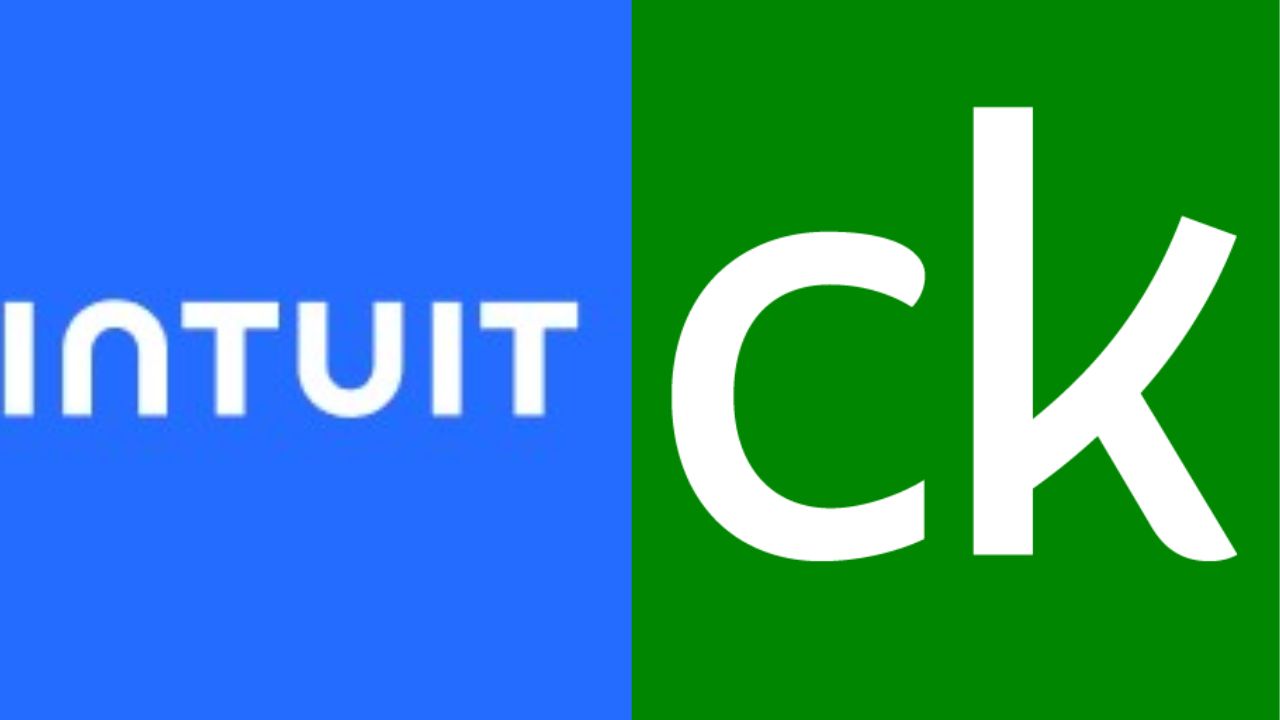In a surprising move, Intuit, a global financial software company, has announced that it will shut down its widely-used free budgeting application, Mint. Boasting an active user base of 3.6 million in 2021, the decision has left many in the Asia Pacific region seeking clarity on the future of their financial planning.
Minters Invited to Embark on a New Journey with Credit Karma
Users of Mint will not be left in the lurch. Intuit is offering a seamless transition to its other platform, Credit Karma. As stated in Mint’s official product blog, “Credit Karma is thrilled to invite all Minters to continue their financial journey on Credit Karma.” The move includes a combination of features from both platforms, ensuring users benefit from an array of tools and services. It’s noteworthy that the Mint product team, along with some of its renowned features, has already integrated into Credit Karma.
Mint and Credit Karma: A Comparison
For over a decade, Mint has been a trusted partner for many in managing budgets, tracking expenses, and ensuring timely bill payments. Since its $170 million acquisition by Intuit in 2009, it promised to expand its horizons, reaching out to millions more.
Also Read: Netflix Enhances Ad-Supported Plan with Downloads and Binge-Watching Rewards
Credit Karma, on the other hand, acquired by Intuit in 2020, has its forte in offering a bank-like experience. Users can monitor their credit scores, view transactions, and manage multiple accounts. However, what it doesn’t offer, and what Mint was beloved for, is the budget-tracking feature. Intuit has made it clear that the evolved Credit Karma platform will not house the ability to set monthly and category budgets. Instead, it will help users “build awareness” of their spending habits.
User Transition and Feedback
The transition process for Mint users seems straightforward. By logging into Credit Karma via the Mint app, they can migrate their accounts. Post this, access to Mint profiles will be restricted. For those wary of the shift, options to download or erase their Mint data are available.
However, the user sentiment, especially among Asia Pacific users, seems mixed. Some vocal users on platforms like Reddit express disappointment, comparing a feature-deprived Mint to a “glorified checkbook register.” It’s also worth noting that this announcement shadows Intuit’s recent debacle, where it was fined $141 million for deceptive practices related to tax services.
As the fintech landscape continually evolves, companies like Intuit strive to consolidate and optimize their offerings. However, it remains to be seen how the Asia Pacific demographic, known for its discerning tech-savviness, will respond to such shifts in their financial tech stack.

















